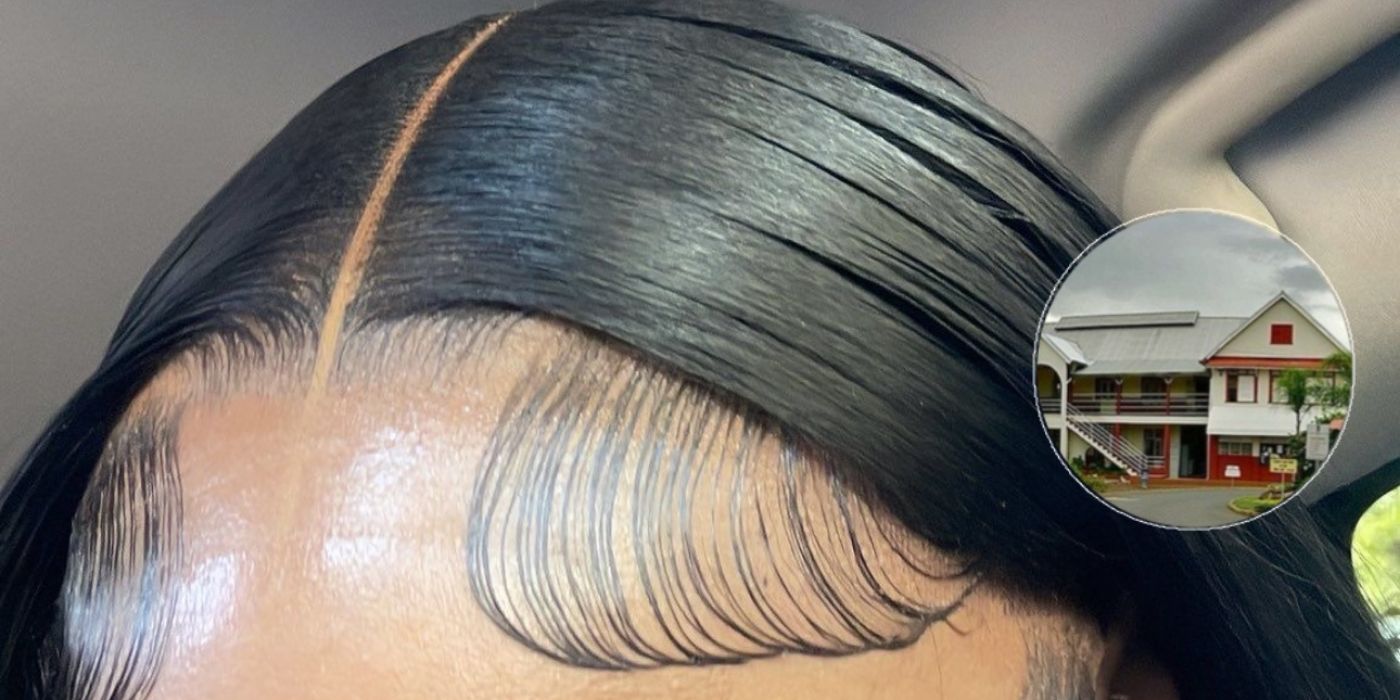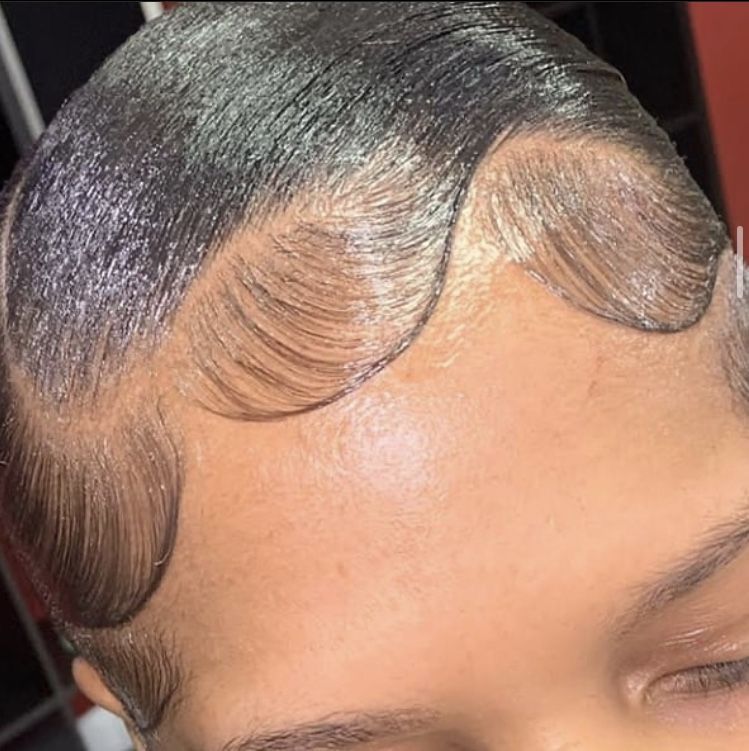

A recent policy change at St. Andrew High School for Girls in Jamaica has become a topic of heated debate. The institution has prohibited students from styling their baby hairs, commonly known as "edges," with the administration stating that “curtains belong in the house, not on foreheads.” This decision has led to widespread criticism on social media platforms.
Established in 1925 through a collaboration between the Presbyterian Church and the Wesleyan Synod of Jamaica, St Andrew High School for Girls (SAHS) has become one of Jamaica's most esteemed educational institutions. Guided by the motto “Life More Abundant,” the school is dedicated to fostering the holistic development of its students, mentally, physically, and spiritually. Currently, approximately 1,500 young women attend SAHS, many of whom go on to achieve success in various fields, including law, medicine, and politics.
.jpeg)
Since the ban, many individuals have expressed their disapproval, arguing that such grooming regulations are outdated and unnecessary. Critics contend that the focus should be on academic achievement rather than policing students' hairstyles.

St Andrew High School for Girls addressed the controversy surrounding the new policy directly on its student body social media account, emphasising the importance of maintaining the school’s grooming standards. The notice read,
“Please be advised that the wearing of ‘edges’ is now officially banned on campus. Remember, curtains belong in the house, not on foreheads! Let’s keep our looks neat and school-ready. We appreciate your cooperation in upholding our standards of excellence as we continue honoring the legacy and inspiring the future!”

One social media user remarked:
“WTF? It’s hair. It’s seriously ridiculous when any school anywhere polices hair.”
The controversy highlights ongoing discussions about personal expression and institutional policies in educational settings. Advocates for students' rights emphasise the importance of allowing young individuals to express themselves through their appearance without fear of discrimination or exclusion.
In response to the policy, several students and parents have voiced their concerns, questioning the necessity and fairness of such regulations. Some have suggested that the ban on styled baby hairs is a form of discrimination against Black culture and identity, as these hairstyles are an integral part of self-expression within the community.
Educational authorities have yet to publicly address the backlash or provide further clarification on the policy's intent and enforcement. The situation remains fluid, with ongoing discussions among stakeholders about the balance between school regulations and students' rights to personal expression.
.jpeg)
This incident adds to a growing list of cases where schools have faced criticism for policies perceived as discriminatory or overly restrictive concerning students' hairstyles. Similar controversies have occurred globally, often centered around natural hair textures, locs, and other culturally significant hairstyles.